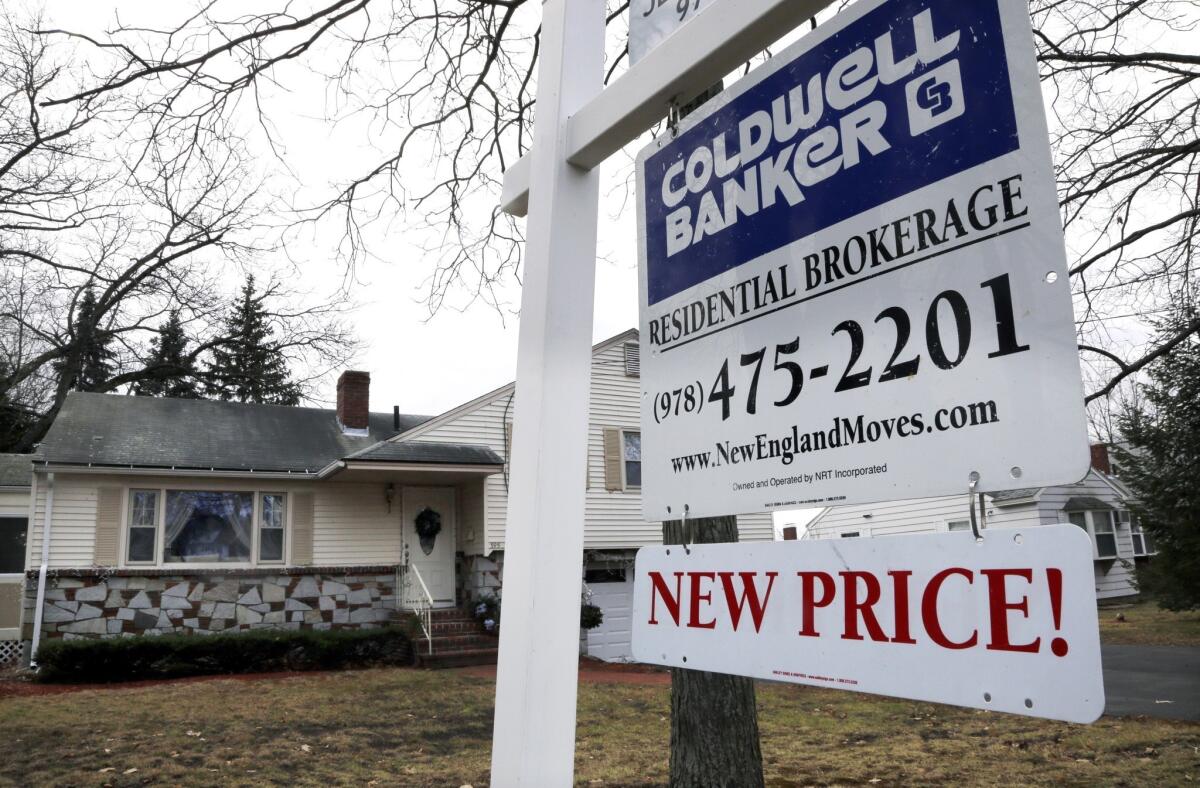McManus: Tax reform that hits home

Would you support a tax reform measure that could help reduce the federal deficit, remove a needless distortion in the economy and make the system fairer?
Me too, which is why I’m taking aim at a sacred cow: the home mortgage interest deduction.
That’s right, the mortgage interest deduction that every homeowner, including me, loves.
If you listen to home builders and real estate agents, they’ll tell you that the mortgage interest deduction is what makes homeownership possible for millions of Americans.
Yet last year, homeownership in the United States, battered by mortgage foreclosures, sank to 65%, a 17-year low, while next door in Canada, where taxpayers don’t get a deduction for mortgage interest, homeownership continues to rise, reaching more than 69% last year, according to Toronto’s Financial Post.
The reason is that our mortgage interest deduction doesn’t directly support homeownership; instead, it supports mortgage indebtedness, which isn’t the same thing at all.
If the goal is really to increase homeownership, a better idea might be to offer a tax break aimed more precisely at middle-income families buying starter houses — a tax rebate for interest on the first $200,000 in mortgage debt, for example.
But that’s not how the mortgage deduction works. First, it’s only useful to people who itemize deductions, which only about 30% of taxpayers do. Second, it helps people with big mortgages more than those with small ones. Third, like all deductions, it helps people with the highest incomes (who get the equivalent of 39.6% of their mortgage interest knocked off their tax bill in the top bracket) more than people with lower incomes (who get 25% or less off if they itemize). Moreover, if someone buys a vacation home, that mortgage interest is deductible too, as long as the total debt is under $1 million.
But don’t take it from me. Take it from the economists at the Mercatus Center, a mostly conservative think tank at Virginia’s George Mason University.
“Most taxpayers do not benefit from this deduction at all or receive a very small benefit,” they wrote in a report issued last month. “The only taxpayers who do receive a large benefit are those in the upper income brackets.... Its primary effect is to encourage Americans who would have already been able to afford a house to take on even more debt.
“Recent empirical research suggests that the mortgage interest deduction increases the size of homes purchased but not the overall rate of homeownership,” they wrote.
And it’s not just conservatives: Policy wonks in both political parties believe that trimming the mortgage interest deduction is a good idea.
President Obama has proposed limiting the value of tax deductions for upper-income taxpayers to 28%, even if they’re paying a higher tax rate. But that idea hasn’t caught fire.
Mitt Romney, last year’s Republican presidential candidate, proposed eliminating all tax deductions for very-high-income taxpayers and putting a cap on deductions — $17,000, for example — for the rest of us. (He wanted lower tax rates too.)
The co-chairmen of Obama’s bipartisan debt commission, Alan Simpson and Erskine Bowles, offered a more homeowner-friendly proposal: a 12% tax credit that would go to all taxpayers, even low-income families, on mortgages up to $500,000. (A credit directly reduces your taxes; a deduction merely reduces the amount of your income that’s taxed.)
But wait, you and your real estate agent will say. Won’t a change in the mortgage interest deduction knock a hole in home values?
Yes — at least at the high end, where high-bracket taxpayers take on million-dollar mortgages. At the lower end, where modest homes are bought by people of modest means? No effect on prices at all, economists say.
And even at the high end, the Mercatus report found, “it is likely to have little effect.”
You can be sure that home builders and Realtors, whose businesses thrive on big houses and high prices, will push back hard against any proposal for change.
“We’ve been preparing for this debate for a year and a half,” Jim Tobin, chief lobbyist at the National Assn. of Home Builders, told me recently. “The housing industry is just coming out of its depression,” he argued. “This is not the time to dampen that recovery.”
OK; not this month, then. But by the end of the year, the economy, and the housing industry, are likely to be in better shape.
The mortgage interest deduction subsidizes big houses and bigger mortgages, but that’s not a good use of tax dollars. Its benefits flow disproportionately to the wealthy and do nothing for the working poor.
The deduction currently costs the Treasury about $100 billion a year. That’s money we could use to lower taxes, shrink the deficit or pay for Medicare — a debate Obama and the Republicans will surely have.
There aren’t many policy changes that would increase government revenue, remove distortion from the economy and make the distribution of income fairer all at the same time.
Fellow homeowners, let’s take this one for the team.
Follow Doyle McManus on Twitter @DoyleMcManus
More to Read
A cure for the common opinion
Get thought-provoking perspectives with our weekly newsletter.
You may occasionally receive promotional content from the Los Angeles Times.











